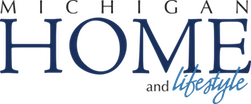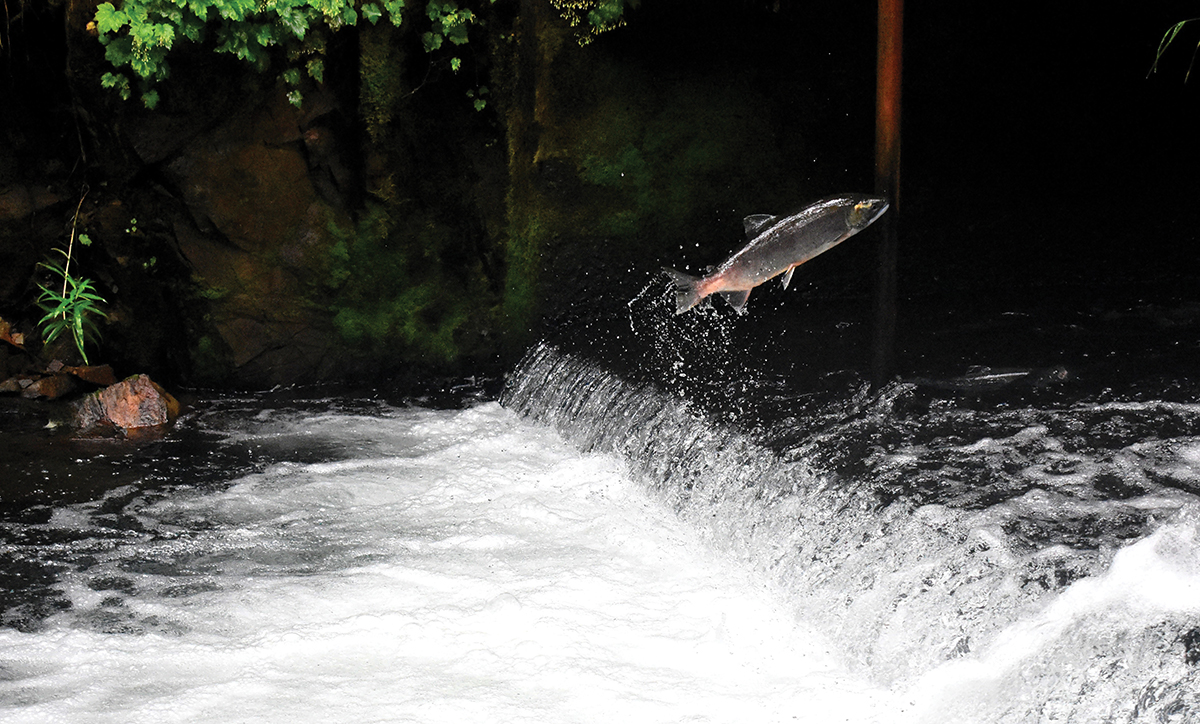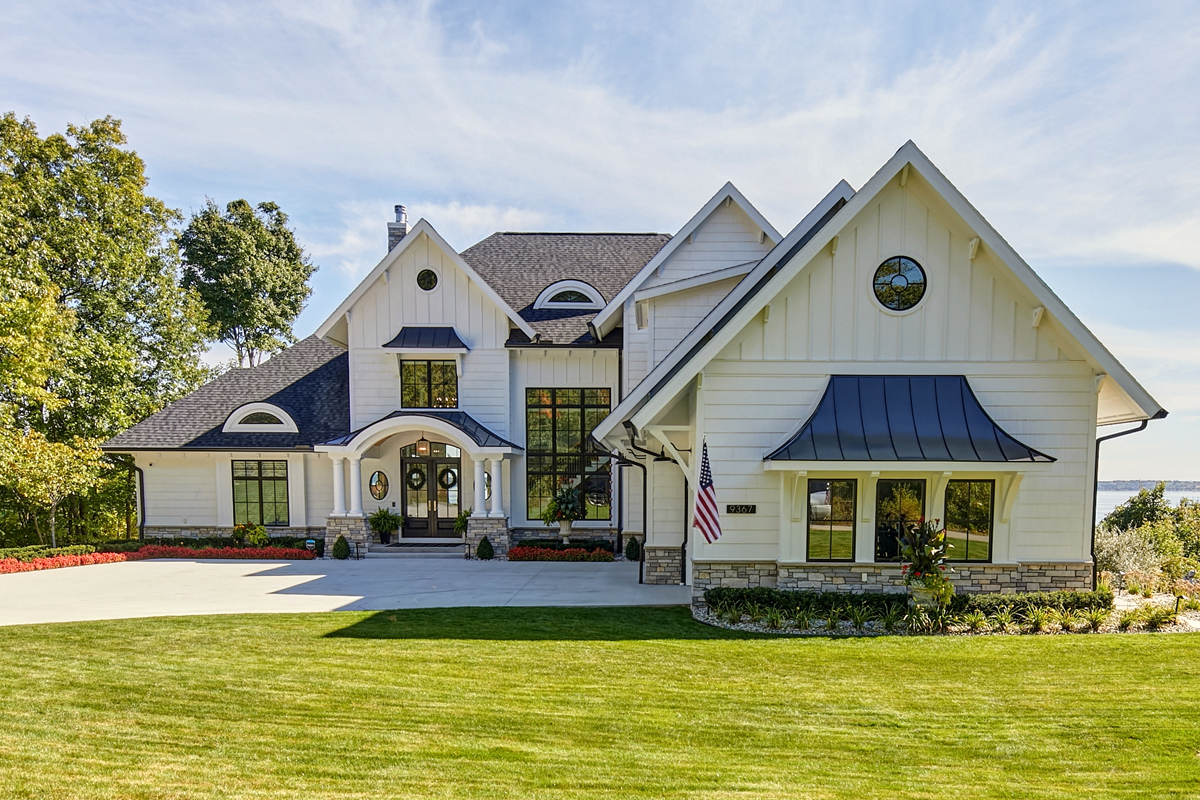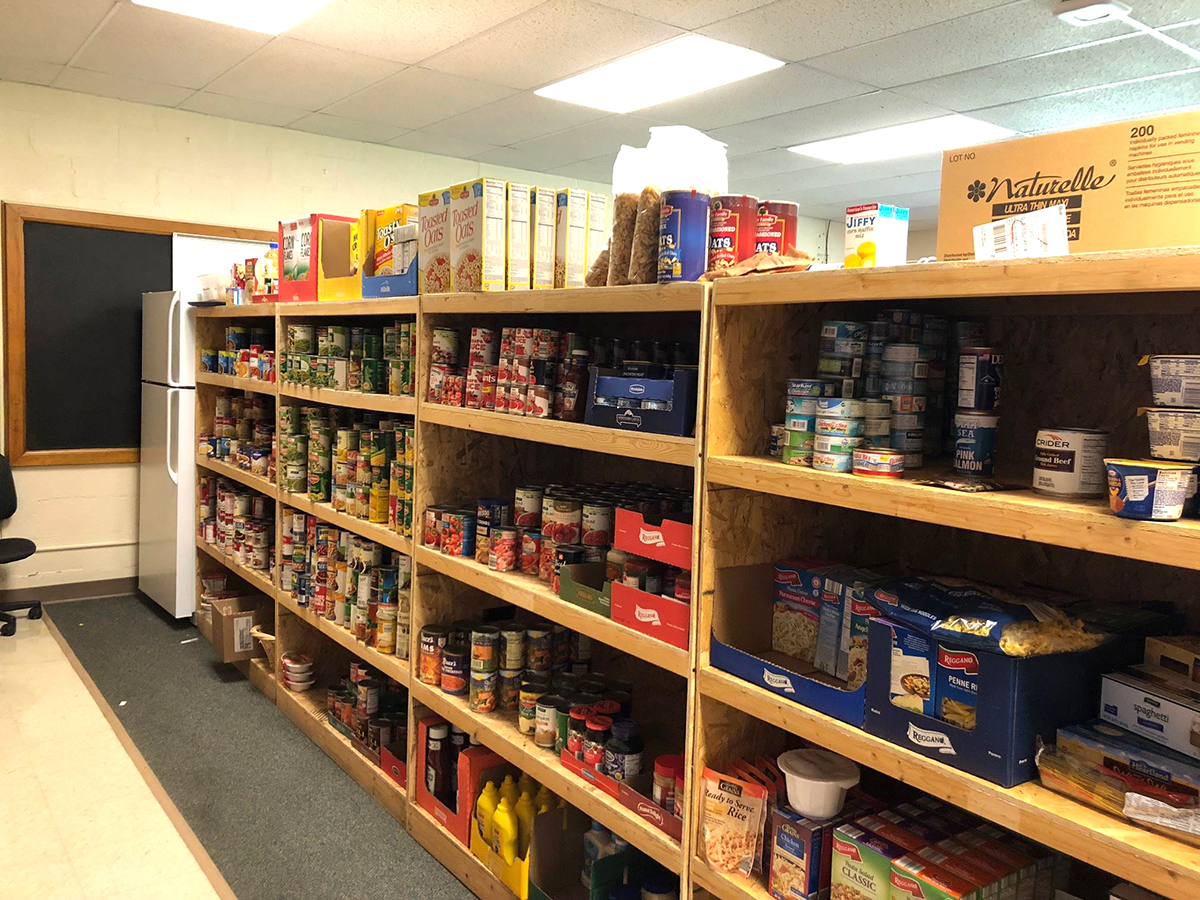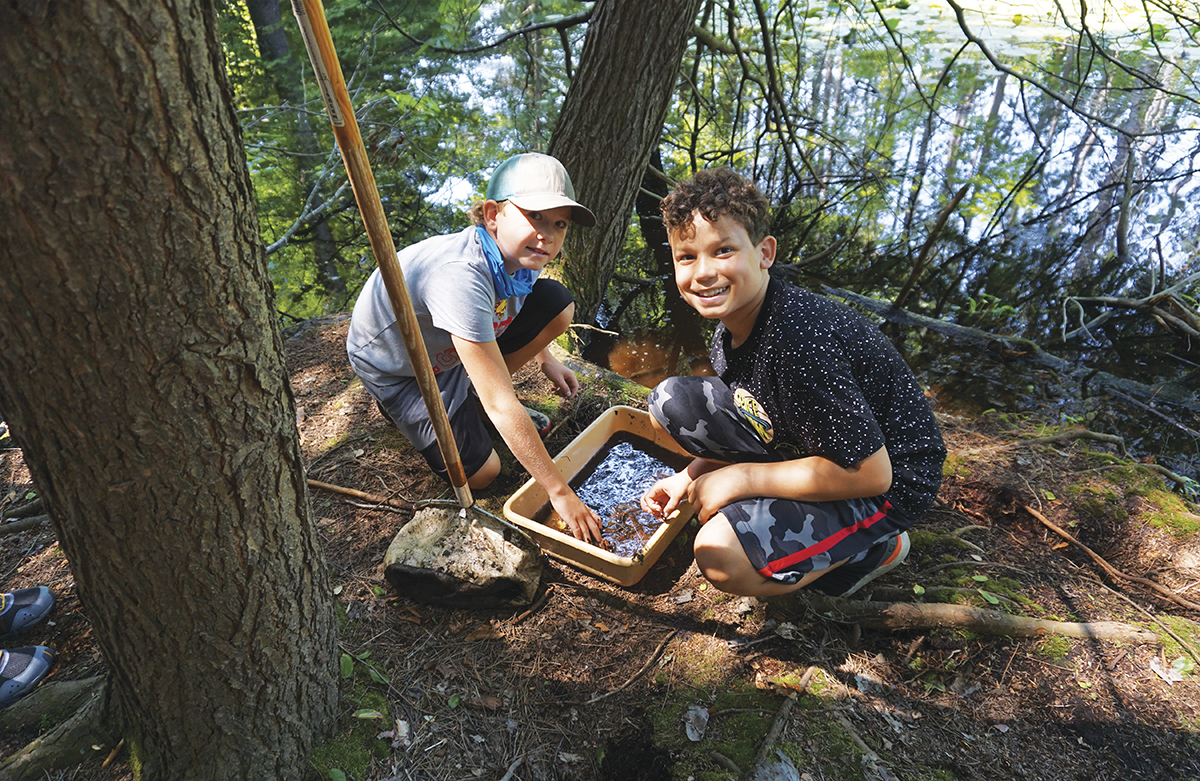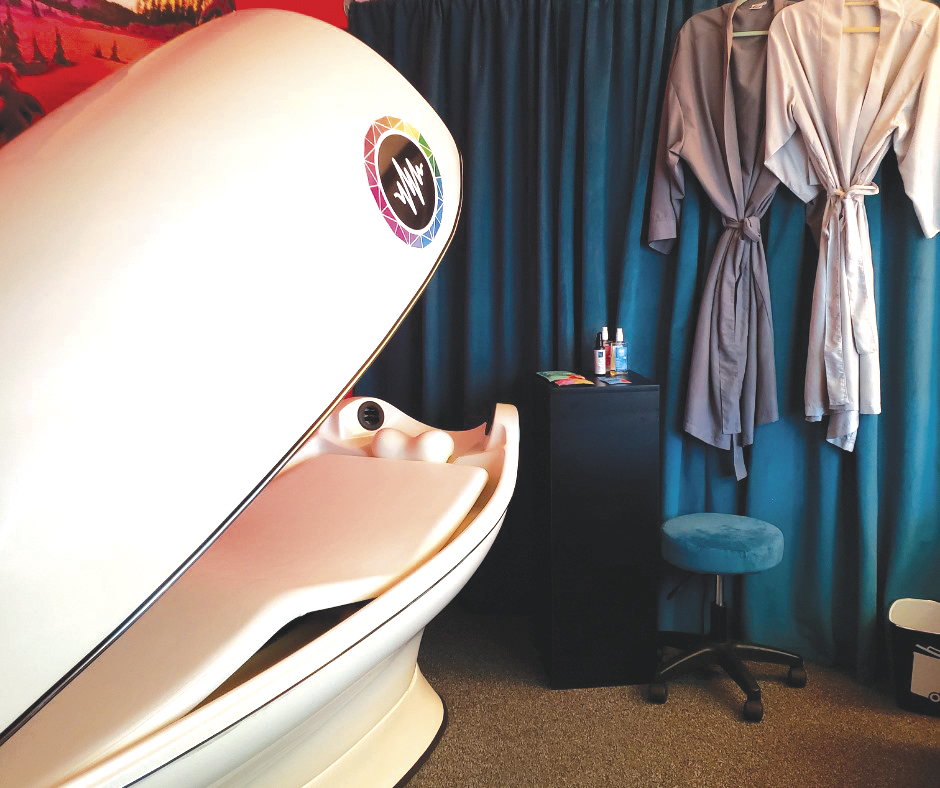WRITER | LISA BECKER CAMPBELL
Watch the Salmon Run!
All Michiganders know the familiar signs of nature’s presence in autumn: bountiful harvests, cooler temperatures, and brilliant fall foliage. Natives of Traverse City are privy to another unusual and entertaining harbinger of the season: the salmon run at the Boardman River Fish Weir.
For those who are novices, a fishing weir — pronounced “weer” and also known as a fishgarth or kiddle — is an obstruction placed in tidal waters, or wholly or partially across a river, to direct the passage of fish to a ladder or other locations.
Anadramous (or migrating) fish are drawn to the fencelike weir at a bend in the Boardman River to await their turn to swim into the James P. Price Trap and Transfer Harvest Facility in the city’s Warehouse District. From there, the fish make their way, leap by leap, up the churning water of the fish ladder into the facility’s three holding bays.
The salmon run usually starts in the third week of September and lasts through the end of October.
Every year, anywhere from 3,000 to 13,000 salmon are trapped and harvested at the facility during this one-month period. Even on the low end, the volume of fish making their way up the weir is tremendous. Typically, harvesting happens about once a week, whenever there are around 1,000 fish available at one time.
The number of fish entering the weir depends largely on the weather; when there’s been more rain, the water gets cooler, and the fish respond by swimming upstream.
As with many of Mother Nature’s endeavors, the salmon run is a mysterious force of nature. The life cycle of salmon begins in freshwater streams, where baby fish, also known as “fry,” eventually journey by instinct to the sea. Environmental cues cause them to return to their natal stream to spawn. Theories suggest that scents, the sun, and chemical cues guide this homeward migration.
Why do we humans aid in ferrying fish? It is necessary for several reasons, according to the Michigan Department of Natural Resources.
After the fish spawn, they die. The process supplies the river habitat with nutrients and the seeds of the next generation. But salmon are large, and they create a smelly, unsightly problem. The weir and ladder remove them from the river before that happens.
The captured Cohos and Chinooks are brought inside, iced down and sold, eventually to be turned into salmon fillets, smoked salmon, and pet food. Other species – steelhead, brown trout, lake trout, and Atlantic salmon – are released back into the water to continue their journey upstream.
In 1985, the DNR began planting Pacific salmon in the Boardman to enhance the once-depleted fishery in the Grand Traverse Bay, a move that spearheaded the local sport fishing industry that contributes millions to Michigan’s economy today.
The weir helps reduce the threat of invasive species, including sea lampreys, and supports Michigan’s fish hatcheries in rearing fish. Weirs are also used to catch fish to harvest their eggs. Eggs taken at the weirs are sent to state fish hatcheries, where they are raised and then stocked in lakes all over Michigan.
The fish ladder extends the length of available habitat for anadromous trout and salmon headed upstream about five miles to Sabin Dam. Extending the habitat provides additional natural reproduction as well as increased angling opportunities
In addition to all of these benefits, the facility offers one more: entertaining curious onlookers of all ages in Traverse City each fall.
About the Boardman Weir / James P Price Trap & Transfer Harvest Facility
The Boardman River is located in northwest lower Michigan and empties into Grand Traverse Bay at Traverse City. The fish ladder at Union Street Dam was constructed in 1987.
The Boardman Weir / James P Price Trap & Transfer Harvest Facility is a cooperative effort of Traverse City Light & Power, the City of Traverse City, and the Michigan Department of Natural Resources, Fisheries Division.
The DNR gives free tours of the facility to school groups and other members of the public.
Source
The Boardman Weir / James P Price Trap & Transfer Harvest Facility
118 Hall Street, Traverse City MI 49684
231-922-5280
